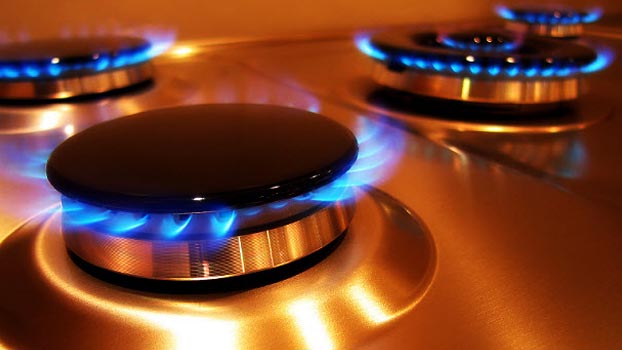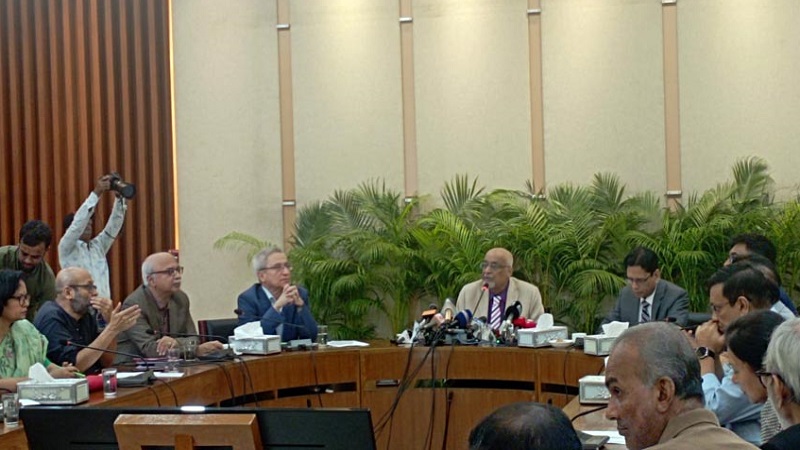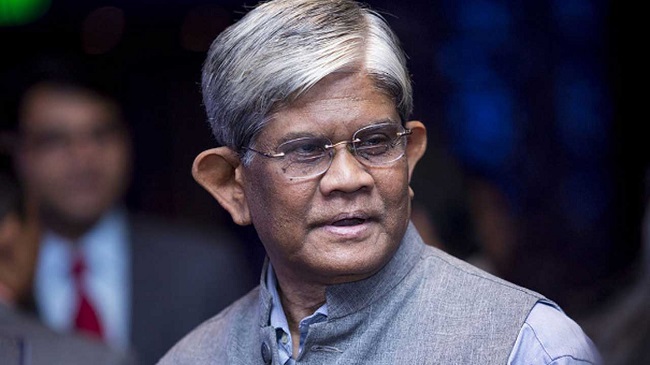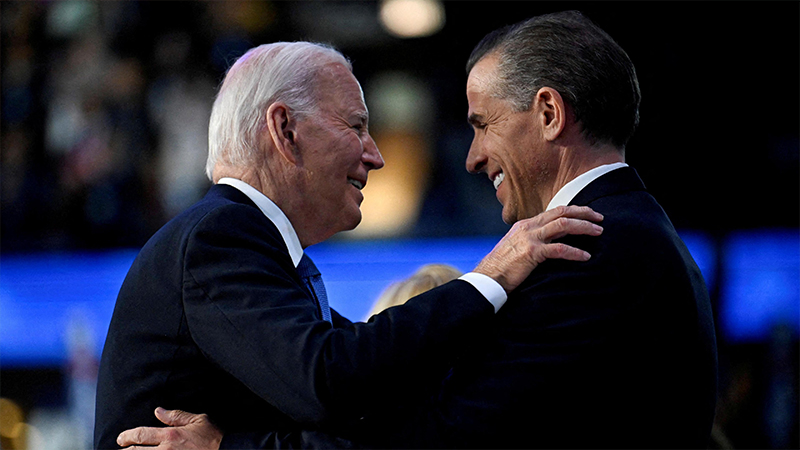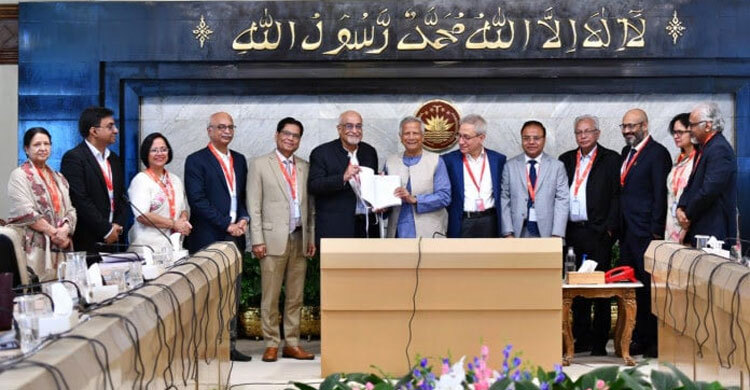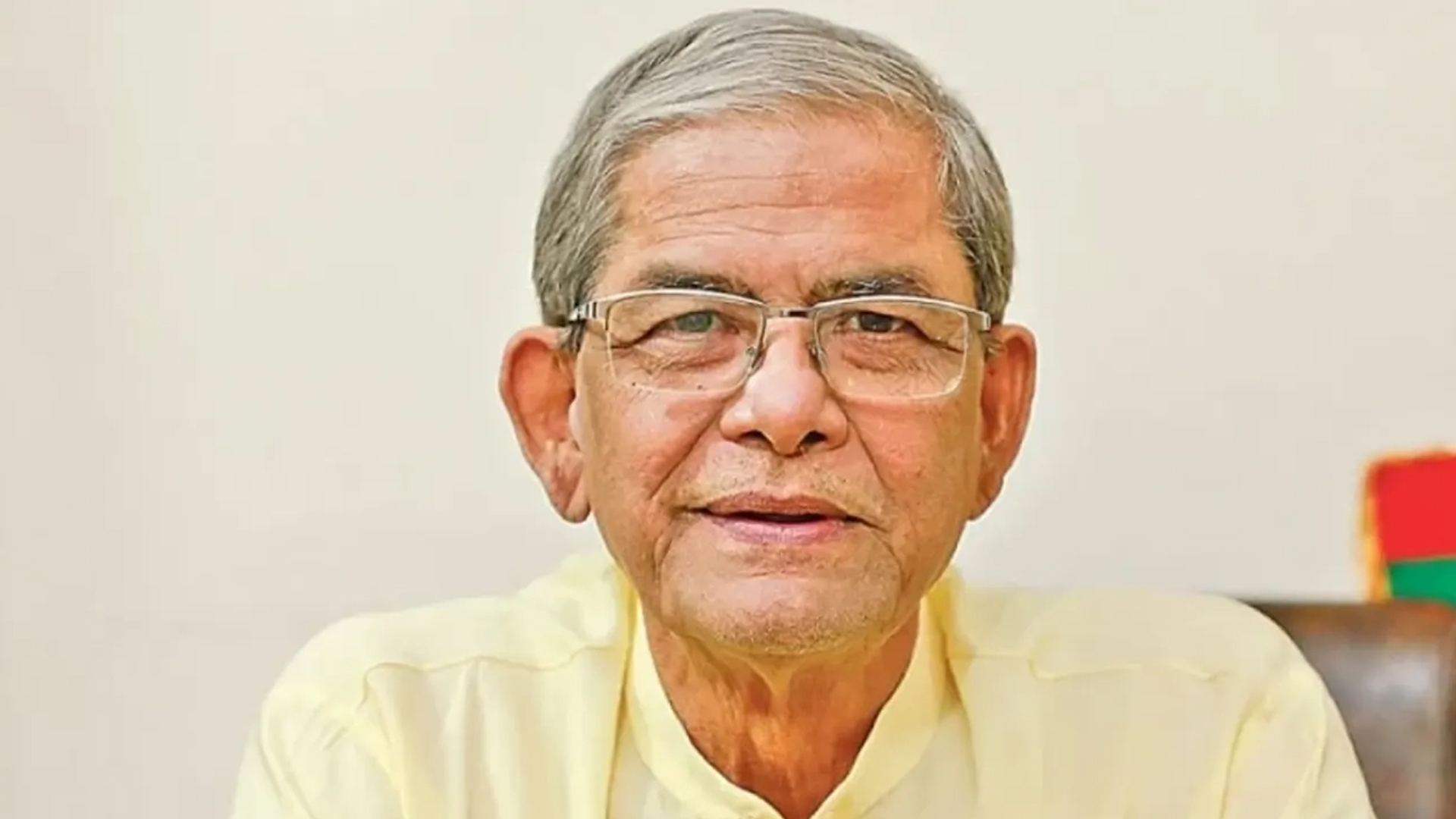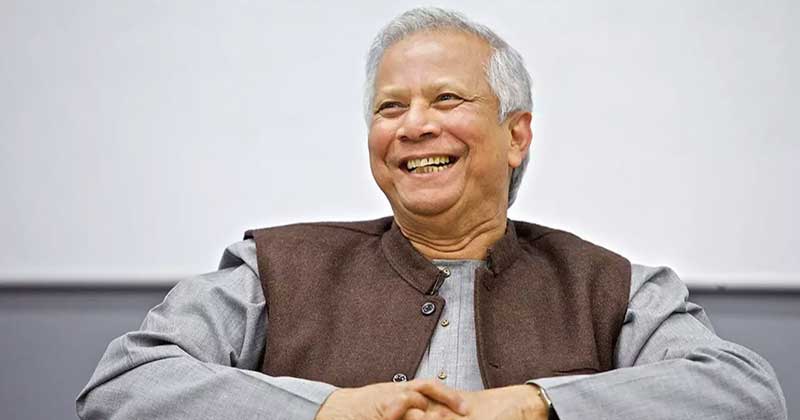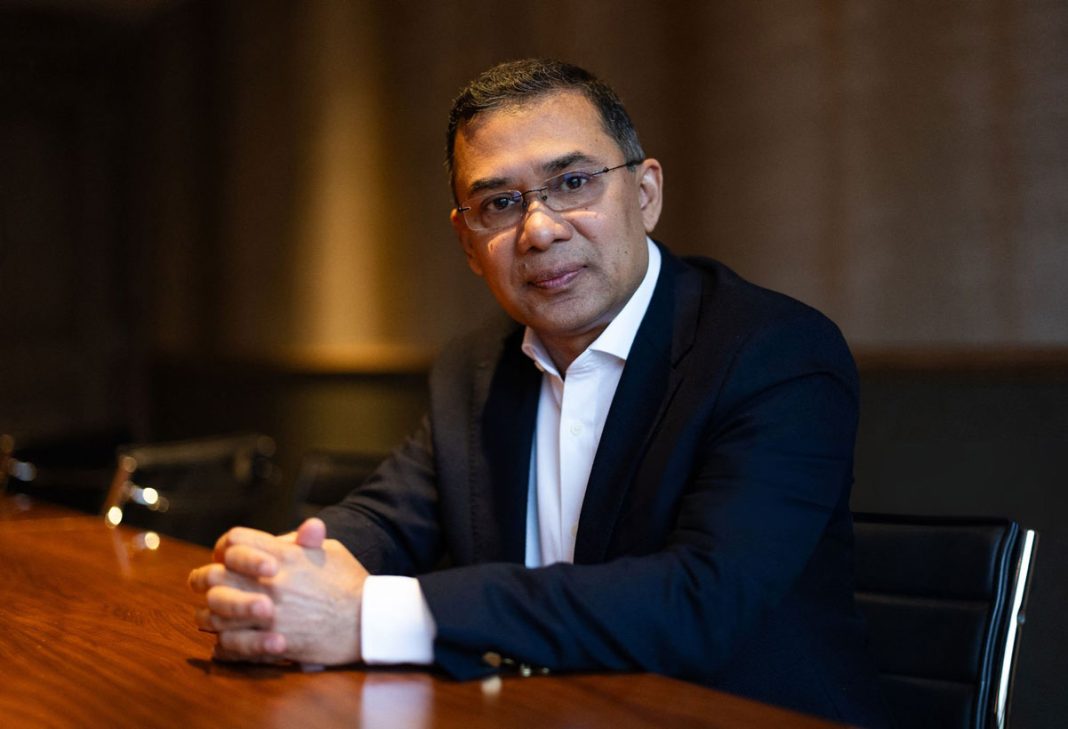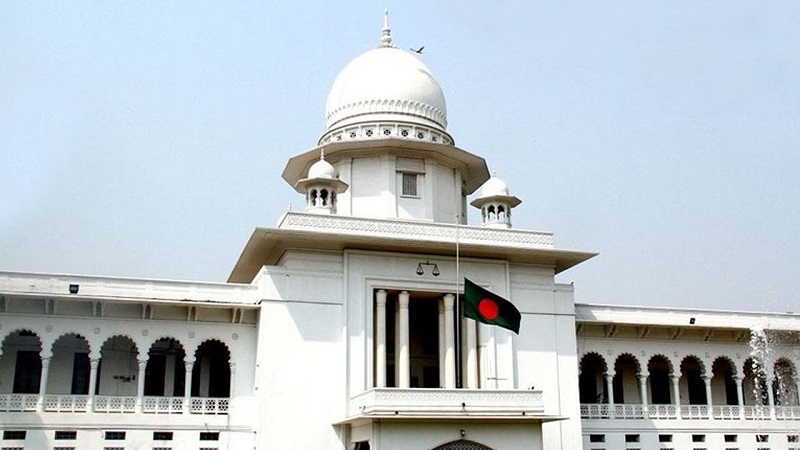The country’s gas production capacity has increased twofold over the past 11 years with the discount of four new gas fields during the period spurring economic thanks to various measures taken by the government.
A new entrepreneur-friendly PSC (Production Sharing Contract) in the energy sector has been formulated, and a new horizon has been exposed in the sea after the settlement of maritime limit with Myanmar and India.
According to the Energy Division, when the Awami League-led government assumed office in 2009, the total gas production capacity was 1,744 million cubic feet per day (mmcfd), which has now increased to 3760mmcfd including 1000mmcfd of LNG. However, out of 1000mmcfd, around 600-650mmcfd RLNG is being supplied to the national grid due to limitation of pipelines which will be overcome shortly. The country’s gas fields were 23 and are now 27.
The coal production capacity was 6.96 lakh tonnes in 2009, which has now increased to 115 lakh tonnes.
During the regime of the Father of the Nation Bangabandhu Sheikh Mujibur Rahman five gas fields (Titas, Habiganj, Rashidpur, Kailash Tila and Bakhrabad) were bought from foreign oil company Shell Oil on August 9, 1975 with 4.5 million pound sterling (TK 17.86 crore), and state ownership was established. This unforgettable and visionary decision signaled the start of energy security in the country.
In that continuity, the government has been working relentlessly to ensure the fulfilment of the demand for energy to achieve the present government-declared Vision-2021 (Medium-income country) and Vision-2041 (Advanced Country Status), said an energy division official.
State Minister for Power, Energy and Mineral Resources Nasrul Hamid said, ‘the development of the energy sector is the key factor for continued development of the country. We had given more time for the development of the power sector in previous years. Now, we’ll concentrate more on the energy sector. The government has put special emphasis on hydrocarbon exploration to ensure future energy security in the country.’
‘The government is working relentlessly to provide quality and sustainable power and energy at affordable prices. Under the visionary leadership of Hon'ble Prime Minister Sheikh Hasina, the power and energy sector has created a much bigger space than we could have imagined. There has been a lot of success in the power and energy sector in the country,’ he added.
Nasrul also said, ‘we need a lot of primary energy to keep up with the pace of development. LNG is being imported through floating terminals. Land-based LNG terminals are being made. The issue of LPG terminals is also going ahead. At the same time, natural gas exploration work is going on parallel.’
Bangladesh Petroleum Exploration and Production Company Limited (Bapex) discovered four new gas fields named Sundalpur, Srikail, Rupganj and Bhola North. Bapex has taken up a plan to dig 108 wells at different gas fields across the country.
The supply of fuel oil has increased to around 46 lakh metric tonnes. Work has started to set up a 130-km-long India-Bangladesh Friendship Pipeline from Shiliguri terminal of Numaligarh Refinery in India to Parbatipur in Bangladesh to ensure uninterrupted supply of fuel in the northern part of the country.
At present, crude / refined fuel oil imported from abroad is unloaded from mother vessels in the deep sea of the Bay of Bengal by small vessels, for which time and money is needed. The systems loss is higher.
In this context, a deep sea floating unloading facility has been set up for quick, easy, safe and cost-effective unloading of imported oil directly from ships through crude oil and from there through subsea pipeline directly to the ERL tank for refined fuel oil.
The ‘Single Point Mooring (SPM) with Double Pipeline’ project is being implemented, which will run this year and save taka 1000 crore per year.
According to the Energy Division, the total supply of LPG in January 2009 was 45,000 tonnes. At present the supply has increased to 12 lakh tonnes. The price of 12 kg LPG has come down from taka 1,400 to taka 750-900.
Considering the demand hike for LPG, state-owned LP Gas Limited is going to set up a LPG plant having production capacity of one lakh tonnes per year in Chattogram. Besides, a LPG cylinder manufacturing factory with a capacity of 20 lakh pieces annually will be set up in Tangail.
An initiative has been taken to lay 1225 kilometres of new gas transmission pipeline.
Of this, around 1000 kilometres have already been done, said the official. Besides, three gas compressor stations have been installed in Muchai, Ashuganj and Alengga to uphold gas pressure in the transmission pipeline.
The government has also introduced prepaid gas meters to ensure proper use of natural gas as well as s


